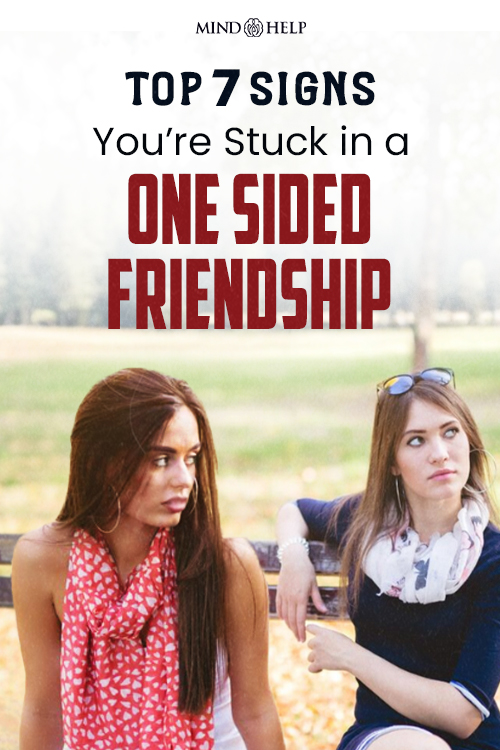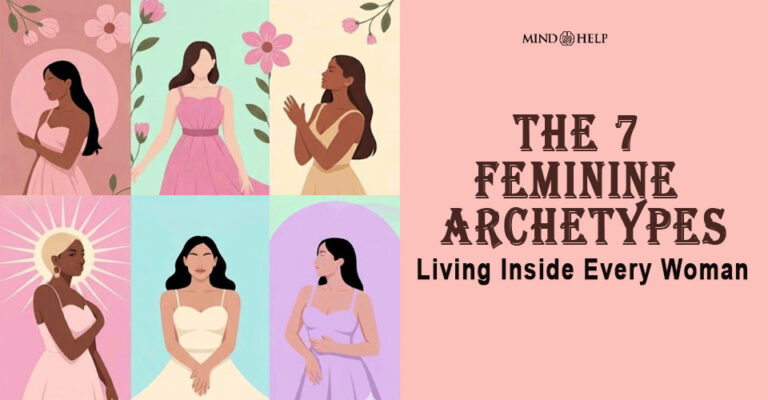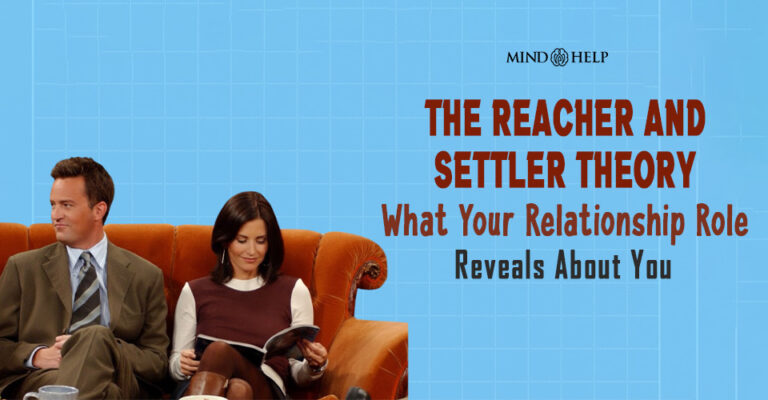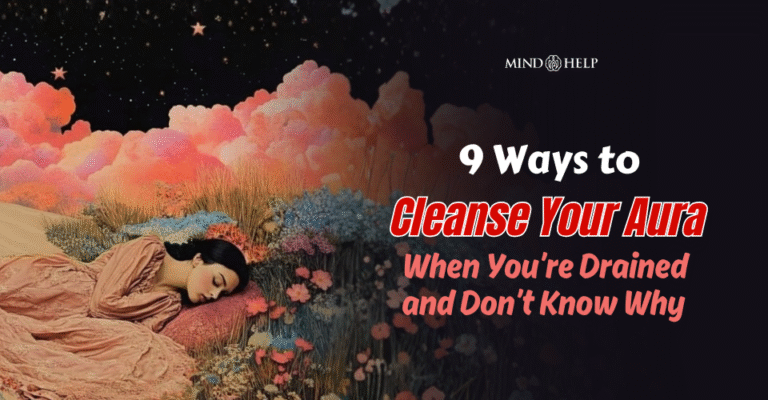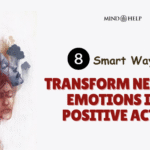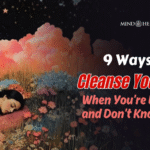Do you find yourself always being the one to text first, organise meetups, remember birthdays, or play the role of late-night therapist? Yet, when the roles are reversed, your friend suddenly seems “too busy”? If this sounds familiar, it’s not your imagination—you could be trapped in a one sided friendship.
Friendships should be a two-way street, but when care, effort, and emotional investment are missing, it becomes exhausting. You pour your heart into it, but your emotional cup stays empty.
The challenge? One-sided friendships usually creep up slowly. You tell yourself, “This is just how they are,” or hesitate to speak up because you don’t want to appear “needy” or “dramatic.” Deep down, though, you feel the imbalance—and the quiet frustration grows.
If you’ve been silently asking yourself, “Do they care as much as I do?”, it’s time to recognise the red flags in a friendship. Here are 7 key signs a friendship is one-sided.
7 Clear Signs You’re Stuck in a One-Sided Friendship
Here are the 7 sure-shot signs a friendship is one sided:
1. They Never Initiate Contact
Look back at your recent conversations—have you been the one to start every chat? If yes, it’s not a coincidence; it’s a pattern. Constantly chasing your friend leaves you feeling undervalued and emotionally drained.
In healthy friendships, initiating contact flows naturally. Sometimes you reach out, sometimes they do. You shouldn’t feel like you’re keeping score; both of you invest equally in maintaining the bond.
Read: Making New Friends As Adults: 10 Simple Ways That Actually Work
2. They Never Reciprocate
Friendship is a team effort—“I’ve got you, you’ve got me.” In a one-sided friendship, that balance is missing. You give your time, energy, and support—but when you’re in need, they vanish.
Toxic friendships demand your loyalty, attention, and care, but offer little in return. You start lowering your expectations simply to cope. Remember: it’s okay to set boundaries and expect kindness in return.

3. One-sided Communication
Communication is the lifeblood of any relationship. When you’re always the one talking, and they respond with minimal effort or interest, it’s a clear warning sign.
If you’re constantly justifying their behaviour as “lack of time,” think again—they’re showing a lack of effort and interest. True conversations feel effortless and mutual, not like you’re talking to a wall.
4. Unfulfilled Expectations
It’s natural to hope for support from a friend—it’s the bare minimum. But when you’re met with silence, excuses, or neglect, disappointment creeps in.
Ask yourself: “Do I have to shrink my needs to make this friendship work?” If yes, step back. No friendship should drain your energy or compromise your emotional well-being.
5. They Always Have Time For Everyone But Not You
One of the biggest red flags in a friendship is when they’re mysteriously “too busy” whenever you need them. Yet, they somehow find time for parties, new friends, or social media antics.
If this sounds familiar, you might be treated as a backup plan. A genuine friendship never makes you feel replaceable. Surround yourself with people who value your presence, not tolerate it.
6. Absence in Difficult Times
Anyone can be there for the good times. But true friends stick around when life gets messy. One-sided friends show up only for fun and convenience, abandoning you in your toughest moments.
If your friend disappears when things get heavy, it’s a sign of a toxic friendship. You deserve friends who celebrate your highs and support you in your lows.
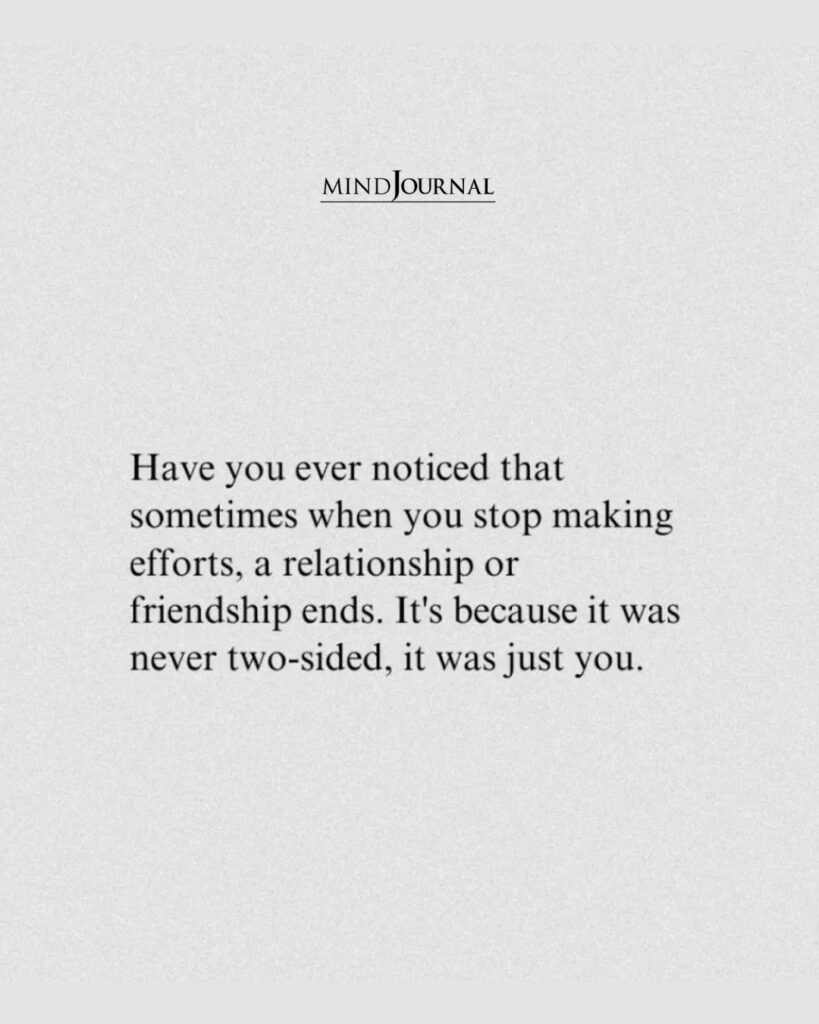
7. Conditional Interactions
Do your interactions feel transactional? In a one sided friendship, your friend shows up only when they need advice, emotional support, or company—but rarely for your sake.
Real friendships aren’t conditional. They’re consistent and mutual, even when there’s nothing to gain.
Read: These 8 Types Of Friends Are The Secret To A Happier Life
Final Thought: Stop Carrying The Friendship Alone
Friendship should feel uplifting, like home—not like hard labor. If you’re caught in a one-sided friendship that quietly drains you, it’s time to step back.
Stop chasing. Create space for people who genuinely show up. The problem was never your effort—it was their lack of it. You deserve friends who cheer for your victories and stay beside you in storms.
Frequently Asked Questions (FAQs)
How to tell someone a friendship is one-sided?
Be honest but gentle. Start by sharing how you feel rather than blaming them: “I’ve noticed I’m the only one initiating, and it makes me feel unheard.” Explain what you need from the friendship and give them space to respond. If nothing changes, it’s okay to step back; your peace matters more than keeping a one sided friendship.
What is the biggest red flag in a friendship?
The biggest red flag in a friendship is consistent one-sided effort when you’re always the one checking in, planning, supporting, and they rarely show up for you. If you feel drained, unseen, or replaceable no matter how much you give, that’s not friendship, that’s emotional imbalance. Real friends reciprocate, not just receive.
Is one-sided friendship toxic?
Yes, a one sided friendship can be toxic. When you’re constantly giving while the other person keeps taking, it drains your energy, lowers your self-worth, and makes you feel unimportant. Healthy friendships are built on mutual care, effort, and respect, and if that balance is missing, the relationship can quietly harm your mental and emotional well-being.
How to deal with one-sided friendship?
Start by acknowledging how the friendship makes you feel; don’t ignore the emotional drain. Communicate honestly and let them know what’s bothering you. If nothing changes, set boundaries and stop over-investing. Shift your energy toward people who value you. Remember: walking away isn’t rude, it’s self-respect.
